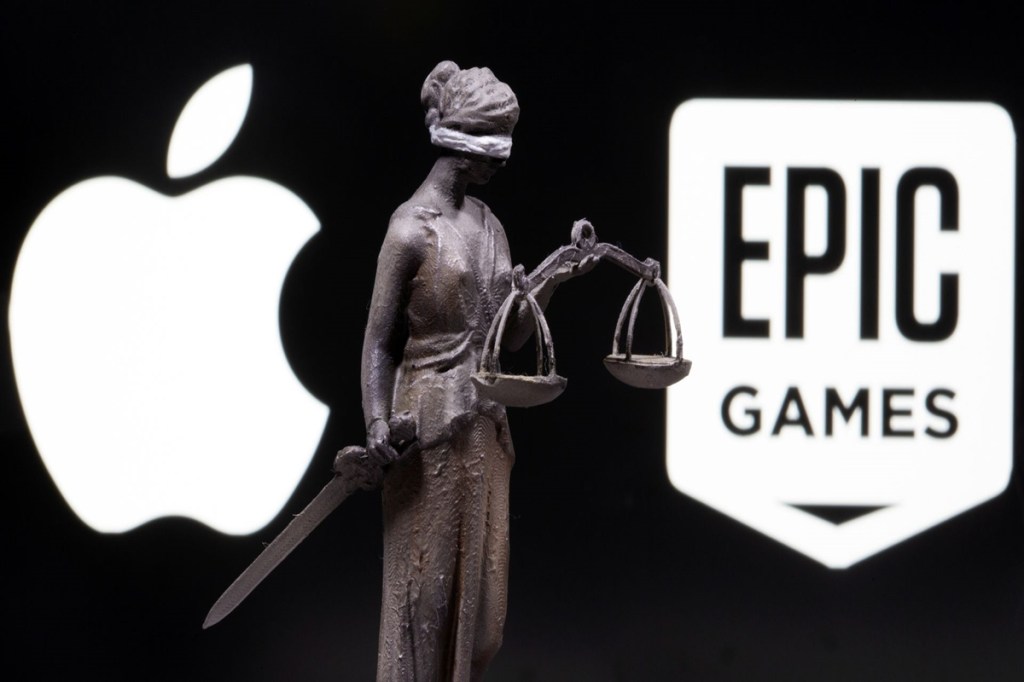Apple has appealed to overturn a ruling over control of its App Store that came as part of a verdict in its legal dispute with Fortnite-developer Epic Games. All this after it earlier called the ruling a resounding victory.
The iPhone maker has asked the Ninth Circuit Court of Appeals in San Francisco to overturn US District Court Judge Yvonne Gonzalez-Rogers’ 185-page ruling. Gonzalez-Rogers had ordered the Cupertino-based tech giant to loosen control of its App Store payment options, thus allowing third-party payments.
She, however, said Epic Games failed to provide proof of any antitrust violations.
The legal battle stems from Apple removing Fortnite from the App Store last year. The iPhone maker claimed that Epic Games violated its policies and by-passed the in-app payments platform through a direct payment method inside the game. This allowed Epic Games to avoid paying Apple the 30% cut it charges for in-app purchases.
The Fortnite-developer had also accused the tech giant of behaving like a monopoly in its shop for digital services and goods.
Epic Games filed its own appeal last month. Chief Executive Officer Tim Sweeney tweeted after the verdict: “We will fight on.”
Apple said after the original ruling that it was “very happy” with the verdict but had left open the option to appeal.
Also Read | Apple vs Epic Games: Is Epic Games really winning? Apple refuses to reinstate Fortnite on iOS until final verdict
The two companies had opted for a “bench trial” where a judge, and not a jury, hears the evidence and decides the verdict.
The verdict prevented Apple from limiting app developers from including “external links or other calls to action that direct customers to purchasing mechanisms”.
Apple can still mandate using its proprietary payment systems for in-app transactions.







